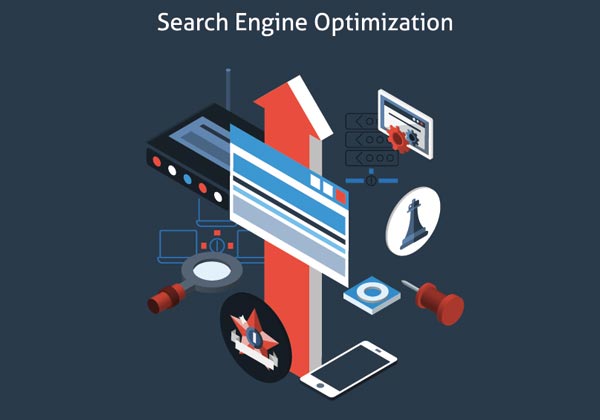The general business community is now venturing down the path of SEO. Just a few years ago, many business owners and managers didn’t know what SEO even stood for, let alone what it was. By the way, it is Search Engine Optimization (SEO). Back then, the website was the only concern, and many people thought that a new website meant lots of new business. Now, I am seeing these same people expand their thinking and realize that they need to do something to drive traffic to their new website (which often times is already old at this point).
The Definition
“SEO, or search engine optimization is the process of affecting the visibility of a website or a web page in a search engine’s unpaid results – often referred to as “natural,” “organic,” or “earned” results.” – Wikipedia
Generally speaking, the higher your site ranks in the search engines, or the more visible your site is in the search results, the more visitors your website will receive from search engines. In simple terms, SEO is getting to the top of Google search pages. I say Google, because that is what everyone knows searching as at this point, although there are other search engines that SEO should target and consider.
What SEO Isn’t
SEO is not a magic pill that makes your business millions of dollars overnight! I cringe when I hear people say they are going to spend $500 a month on SEO and get all kinds of new business. If it was that easy, everyone would be millionaires! SEO also isn’t the thing you should do online. Since it takes a lot of effort and time, results may not happen immediately. It should be just a part of your online marketing strategy.
SEO also isn’t stuffing a bunch of keywords into your website. You probably have seen websites that thought this was the case. Scroll to the bottom of the site and look for a large paragraph of random keywords or a lot of links that are the same thing but with different cities listed.
EXAMPLE:
Katy rental car
Cypress rental car
Pearland rental car
The Woodlands rental car
Clear Lake rental car
League City rental car
Sugar Land rental car
The idea of shoving a bunch of links and keywords on your home page is a very old and dangerous technique in SEO. It can get you in a lot of trouble with the search engines, so this IS NOT SEO.
Two Parts of SEO
Proper SEO consists of two components. On-page optimization and off-page optimization. On-page optimization is done on your website. In order to rank in the search engines, your website must communicate properly to the search engines. You must help the search engines understand what each page on your site is about and what it should rank for in the results pages. Keywords should be used, and there are technical changes to the actual code that should be implemented in order to properly optimize each page.
On-page optimization is really just the first step in SEO. I have seen many companies only offer on-page optimization and call it SEO, but that is just 25% of the process. The real work happens each month in off-page optimization.
Off-page optimization is the process of increasing credibility for your website. Once you tell the search engines what you want to rank for, you have to build credibility for that page. The only way to do this is to get other sites to “say” that you should rank for that keyword. Here is an analogy. If I tell you that a book is great and you should it, you might think about it, but you probably won’t. If the president, Bill Gates, and your mom also tell you to read that book, it now has more credibility, and you will seriously consider reading it. Search engines work the same way.
Doing on-page optimization is like the first recommendation for a book. Now you have to build links, mentions, and references to your website from other websites in order to build that credibility and increase the “recommendations.”
Bringing It All Together
So what is SEO? SEO is putting the right information and technical data in your website across each page in order to tell the search engines what rankings you are targeting. Next, you utilize off-page optimization techniques on-going from week to week in order to build the credibility and “recommendations,” so the search engines will rank your website higher than others for your target keywords.






Comments are closed.